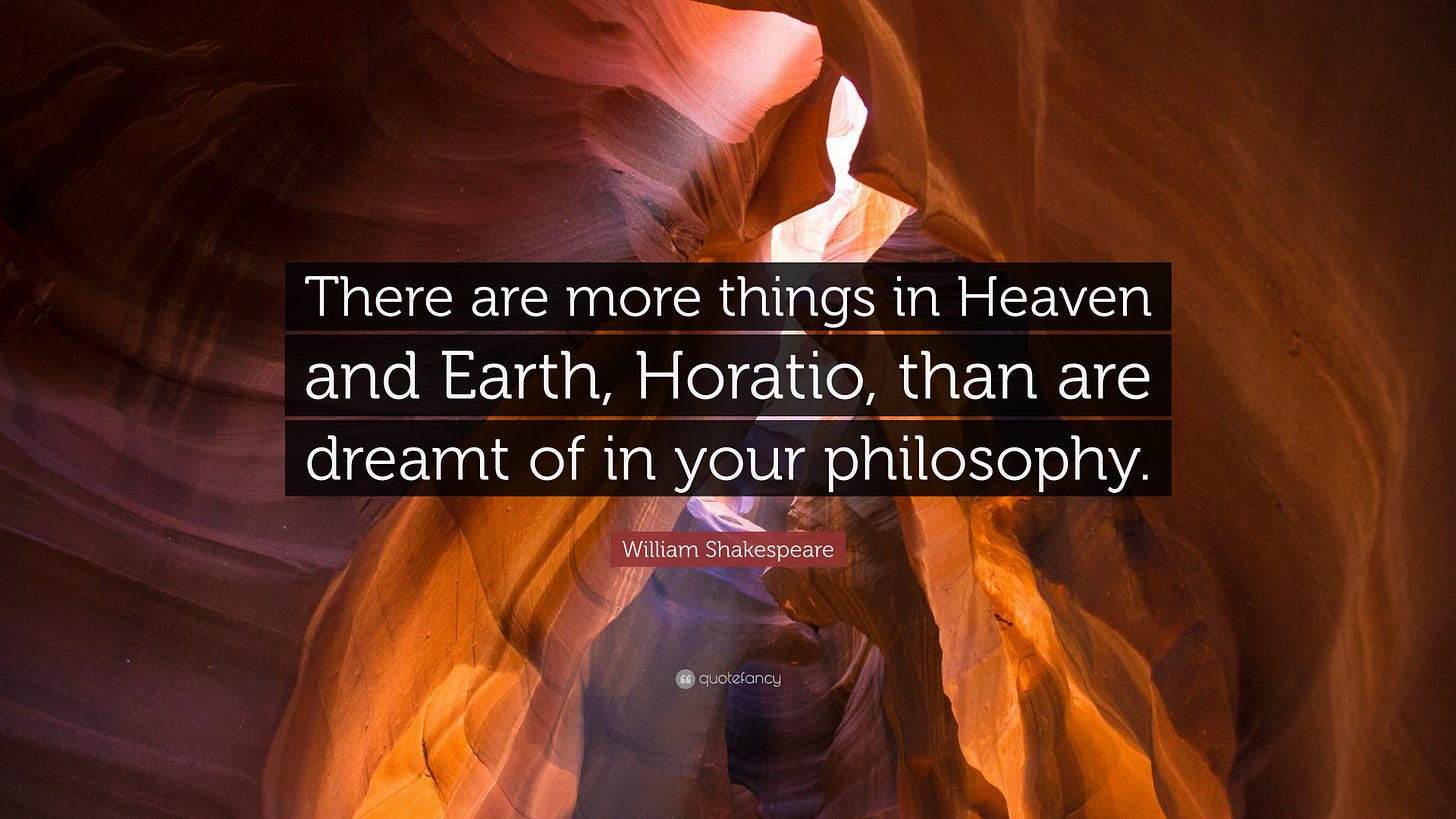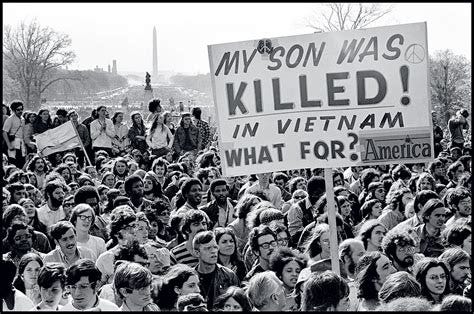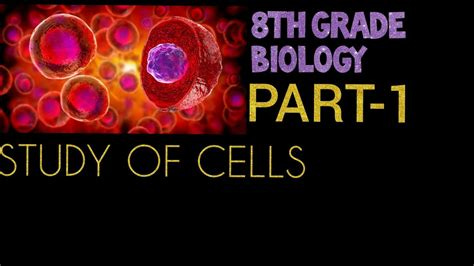Things I've learned in the last 4.5 years
About how to be a critical and authentic human in this reality
It has now been almost four and a half years since the plandemic was invoked with lockdowns, business closures, and “mandates” to wear a mask, take a “vaccine,” and stay away from other people including our own family members. What many, including myself, thought would be an intense experience for a few months, after which “normalcy” would return, has become a life-changing and world-changing shift in reality. And while it has been horrible for all and deadly for some, this period of change has been essential in pushing us to grow up and become the powerful, confident beings we are meant to be.
“Normalcy” as it was pre-plandemic has not and will not return (and I certainly do NOT want it to), and the effort to corral humanity into a digital prison using fear of a “virus” is once again being revved up with the confluence of “bird flu,” “mpox,” and the return of “Covid.” (The fact that the predator class feels the need to invoke three different “viral diseases” at once in order to generate enough fear in us is indicative of their desperation, which makes me happy.) But there is still danger, and with the benefit of hindsight on what the past four years has revealed, we have a chance now to see the game that is being played on us and not be taken in by it a second time.
Most people were caught off guard in early 2020, and even those who did not fully adopt the narrative of a “deadly virus” to which no one in the world had “natural immunity” were uncertain what to make of the events as they unfolded. This is the group in which I would put myself. I have immense admiration for those who already, well before 2020, had seen through manipulation and deceit that had been going on for decades and much longer, and knew right away that the entire narrative was a fraud. Although I was well aware of corporate power and government corruption, as well as having what I thought were deep critiques of the healthcare system, education, media, and the economy, I had only begun to see the depth of the manipulation and the purpose behind it.
I’m not going to sit here and tell you that I now know exactly what’s going on. I have many, many questions! But I do want to share three key learnings from the past four years that have forever changed the way I relate to the world and its narratives. All of them relate to who and what we rely upon to know what is true—a very important thing to know, wouldn’t you agree? And all three of these should be taught to children in some fashion—whether in school, by parents, or in other ways. If I still had children at home, I would be making sure they had experiences that would teach them these three things.
Question authority. Ask for sources. Do your own research.
Corollary 1: Do not accept any information at face value, including what comes from people who reflect your own bias. Always maintain a level of skepticism to be sure you are forming your own opinions.
Corollary 2: Be aware that all types of visual information can be altered or faked, including old photographs. (This comes into play later.)
Pay attention to your inner knowing, and learn to trust it.
Keep an open mind. Do not reject out of hand any thought or possibility, however odd or unlikely it seems or however opposed to what you have always believed to be true. There’s no such thing as “settled science,” and I believe this applies to everything in our reality. As Hamlet said, “There are more things in heaven and earth, Horatio, than are dreamt of in your philosophy.”
The second of these, learning to tune into and trust your own inner knowing, I dealt with in my article Trusting your own inner knowing, though I will have more to say on this in another column. The first item above I will unpack in this column, and the third sometime after that, with the possibility of further exploration of each in the future. They are all multi-faceted and interdependent.
Question authority
This phrase, of course, was commonly heard in the hippie era, when it seemed that many people, especially young people, were beginning to understand that government and other official sources do not always tell the truth. That was my generation. At that time, it was questioning those who told us that the United States needed to fight a war in Vietnam, or that women should not have credit in their own names, or that certain other people groups should not have equal rights, or that air and water pollution were not significant problems.
Today, it is all that and so much more—that the United States needs to fight “perpetual war” in numerous countries, that everyone should have their rights curtailed in the name of safety or “the common good,” and that pollution of air and water with microplastics and other toxic substances is not important but “climate change” is a huge problem. To name a few.
The number of narratives to which we are subjected is almost endless, and all of them should be questioned. Whenever anyone says, “this is how it is” or “this is the truth” about anything, we must ask for the source. Where does that information come from? This means going beyond asking who is saying this. It means asking whoever says it to back up their statement by presenting evidence of some sort.
For me, this new iteration of “question authority” arises out of the egregious abuse of authority that we saw during the plandemic (and are still seeing). Official voices such as Anthony Fauci, the CDC, the WHO, and numerous politicians and news media figures told us a string of lies, including that closure of small businesses but not big-box stores was necessary, that we must all take a shot in the arm, that wearing a piece of paper or cloth over our face would protect us and others from a “deadly virus,” and that staying six feet apart from each other and not being allowed to visit loved ones in care or hospital was essential. None of these statements were backed up by any evidence or argument. We were to obey these edicts simply because they came from the mouths of authorities. Even when they contradicted themselves. (All of this may be coming back, unless we refuse to comply.)
And we had been prepared for this unquestioning obedience for generations through schooling and a culture of “trust the experts.” In our systems which are predicated on external authority, we learn from day one to accept what we are told by any authority figure such as a parent, teacher, religious leader, government official, professor, book author, etc. I wrote about this in my above-linked Substack, Trusting your own inner knowing.
As just one example, almost all of us assumed the truth of what we learned in eighth-grade biology about how our body works, because we were kids, so by definition we did not know. We were in school to learn what the school and the teachers thought we ought to know. Besides that, what the science teacher told us was not some new set of ideas, but was commonly accepted by everyone. Today, dissident voices such as Dr. Tom Cowan are suggesting that cells do not have membranes, the heart does not pump the blood, DNA is structured water and does not define our physical being, and other iconoclastic ideas.
What I learned in eighth grade about the workings of the body, especially in regard to sickness and health, was reinforced by my mother, who was an RN. It was generally accepted without question that viruses exist and cause disease. When we had a runny nose, cough, sore throat, etc., we had a “cold” that we caught from a classmate, a coworker, somebody on the bus, etc. We were never taught that our bodies experience these symptoms when they go through a periodic detox process to eliminate unwanted substances and influences, or for any other reason. See my Substacks Why our terrain is the key to health and Contagion has never, ever been proven.
We need to grow up
As eighth-graders, we could be excused for not questioning the information being taught to us by our teachers and professors. We were children, and we were already heavily conditioned to accept external authority. (The farther we go through schooling, the more programmed we are.) But now as adults, and in light of how deceived we have been by the external authorities regarding the plandemic and all of its aspects, we must learn to question what we are told and to examine what might be behind that information or expectation. We must stop accepting what external authorities say at face value.
One of the reasons why this is hard for many people is the idea that external authorities such as medical experts, teachers, or even government officials might have ulterior motives. Why would they lie to us? Why would they want us to take a shot or wear a mask if they knew those actions would not really protect us from a killer virus?
The degree of reluctance to ask such questions can reveal how programmed we are to accept external authority. Of course, the CDC and the WHO and most doctors tell us that the “vaccine” will protect us from getting sick, and also protect others. The narrative on which these authorities exist is supposed to be that of “public health.” Is it, though? Do we accept the truth of that? Do we simply believe what they are saying and take it at face value?
There is almost always an ulterior motive
I doubt if anyone here sees the CDC as truly caring about health, or accepts the whole concept of “public health” as even legitimate to begin with. It’s just the most recent and most obvious example of how narratives are wielded to make people accept an external authority without question. This same thinking applies to every area of knowledge, especially those we have never questioned before. Most of us were there accepting that authority very recently with regard to viruses and contagion. In what other areas of knowledge about life and reality are we still unconsciously accepting the edicts of authorities or common knowledge or what we were taught in school? I will get into this more in my upcoming article about keeping an open mind.
Do your own research
When you question authority, and they have not provided convincing justification for what they tell you is true, the next thing to do is your own research.
There was a time in the summer of 2020 when figures in news media and official voices of the plandemic were explicitly telling us NOT to do our own research. I was dumbfounded when I heard that. We were instructed to trust the scientists and experts who were “telling the truth,” because otherwise we’d be looking online for “other opinions” to “validate our biases.” This almost unbelievable effort to impose unquestioning obedience to authority just underlines why doing our own research is critically important. Clearly, it is what the predator class very strongly wishes us not to do. And, of course, it’s why the regimes of social media censorship and altered algorithms on search engines were instituted: to keep people from doing research or coming across the “wrong” information.
Here is one of the James Corbett’s videos from that time analyzing this message. (For some reason, Substack will not embed the video. Sorry about that.)
https://odysee.com/@corbettreport:0/dontdoyourownresearch:a?&sunset=lbrytv
And here is another Corbett video explaining some of the ins and outs of doing Internet research.
https://corbettreport.com/solutionswatch-research/
Corbett is to be commended for always including links to all of the sources that he uses in each of his videos, and also for continually exhorting his audience to check out these links and to do their own research rather than just accepting what he may say, even though they follow him because they generally agree with him.
This is a very important point. Questioning authority does not just mean questioning authority figures who are telling you what to do as if they had a right to do so. It also means never taking anything you read or hear at face value, but always considering who is writing or speaking and examining what their sources are for what they are saying. This is what it means to truly be a critical thinker. It is a mindset that we need to have at all times.
I will confess that even though I spent 11 out of the last 21 years in graduate school and became very familiar with conducting research in that context, it is no longer second nature to me to “look things up.” But I am energized by the current situation that encourages and, in my opinion, requires responsible adults to learn this skill, and I am redeveloping it myself.
Researching doesn’t mean having access to the databases of academic articles, as it did for my graduate school experience (although, if you want to research health-related scientific papers, you can find them on the PubMed database, https://pubmed.ncbi.nlm.nih.gov/).
What doing your own research really requires is enough curiosity to ask a question or two about the information that has been given to you, and then embark on a self-designed trial-and-error process of searching. As with doing academic research, this means coming up with some “search terms”: words or phrases that might lead you to sources to answer your questions. Articles and videos often contain links to the information the author or creator used, like James Corbett’s work, and following these can lead you in a variety of different directions. Sometimes they lead you down “rabbit holes,” so be careful!
“Do your own research” can also mean “find a reliable secondary source.” I’ll confess that I have not read the papers on virology myself, the ones that reveal in their “Methods” sections that the experiments could not possibly have shown the existence of a virus even though the title of the article and the abstract claim they did. I read articles and watch videos by people who have read those papers, and whose analysis of the information I trust—and in those articles and videos, I have seen the key parts of the papers in question. This group of my trusted sources is headed by Mike Stone, who writes the Substack ViroLIEgy, and is not only a stellar researcher but skilled at conveying scientific information in everyday language. Sam and Mark Bailey are also trustworthy reporters on what the original papers say. Dr. Tom Cowan and Dr. Andy Kaufman each have many videos examining virology papers in detail.
I trust these people, but I do my best not to idolize them or treat them as infallible authorities. I try to listen to/watch their work with my inner knowing activated, so I notice and pay attention if they say something that doesn’t seem right for any reason—and that does happen sometimes. I am making the effort to draw my own conclusions about what they say, and resist the impulse to think that I should accept their views because they are more authoritative on these topics than I am. It’s a bit of a struggle, I don’t mind saying! The programming is deep and it plays on our human need to belong, which is a strong factor in our wiring.
Or is it? Is this belief in our wiring as deeply social creatures really true, or is it a programmed idea that pushes us toward conformity for the sake of social control? A question I will leave you with for today, as an example of both questioning received knowledge and how ordinary that received knowledge can be. If you’ve always believed this about human beings—if you believe in the theory of evolution and all the aspects of human behavior that we are told are evolutionary (such as this bit) and you are now saying, “No, that can’t be programming!”—this can be an example of how easy it is to automatically reject ideas that counter basic assumptions we have never had the occasion to question. (But we should be questioning evolution.)
As always, thanks for reading. I look forward to your comments!









I was onto the "virology" hoax back in 1990 after reading TC Fry's book The Great AIDS Hoax. Though out of print now, you can read it for free at https://thebigvirushoax.com/the-great-aids-hoax
Re questioning authority - I also always have to remind myself that, with enough effort, I can come to understand the how and why behind what an authority figure says. To such an extent that I can then decide for myself whether it is sound logic but I have to try. And I have to back my ability to understand things.
I feel one of the biggest obstacles people encounter when wanting to question authority figures is that they are intimidated by the materials and details one has to go through. Almost always having the knee jerk reaction that they definitely cannot be smart enough to get a good understanding of what is being discussed, so they would rather not try. I believe this is an issue because in school we are taught what to think not how to think,
Your suggestion of looking for an alternative source of information or explanation is a good way to combat this issue.